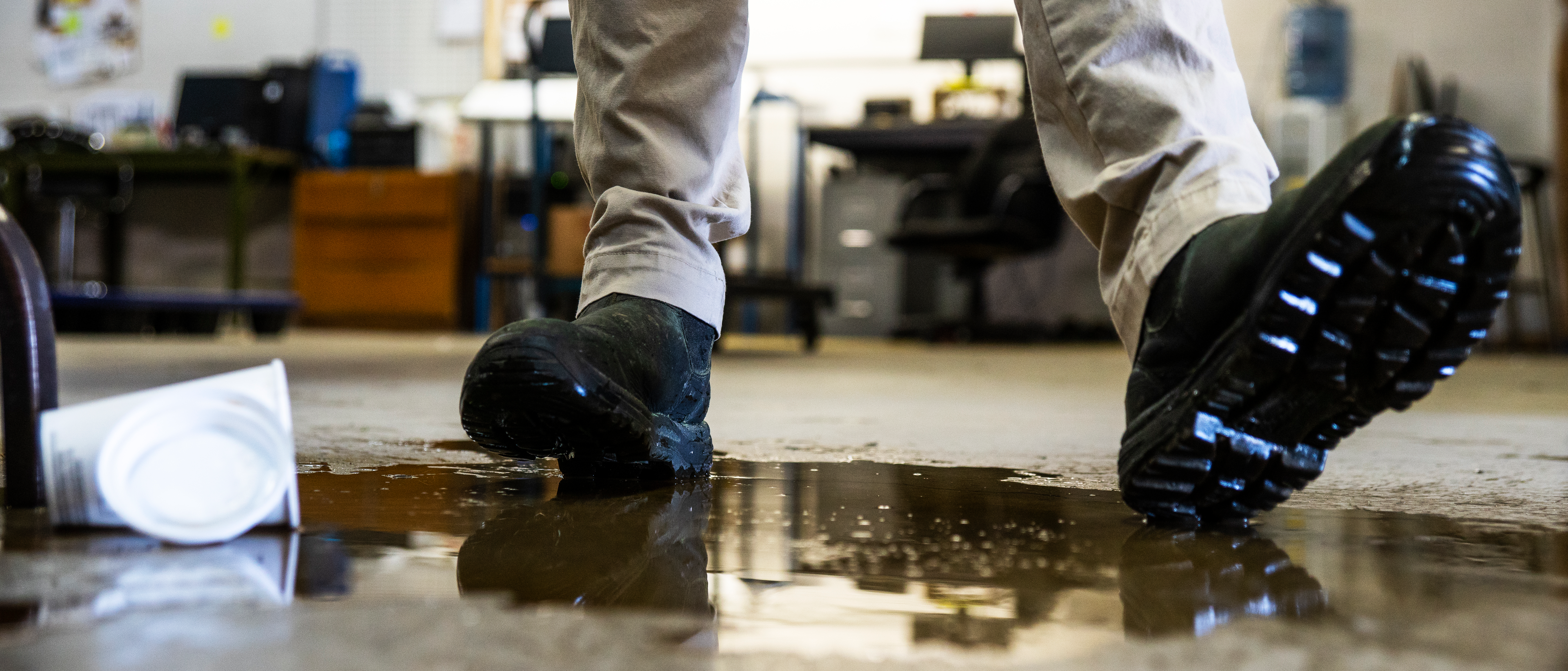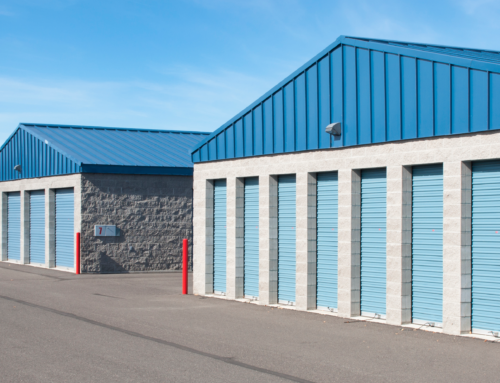Whether you’re a contractor, a retailer, or an automotive dealer, you’ve got a lot on your plate as a small business owner. But no matter what line of business you’re in — or how busy you are — it’s important to take the time to understand liability. After all, a lawsuit could cause a serious blow to your finances or even put you out of business.
Liability is when your company is held responsible for damages or losses to a third party in the eyes of the law — even if it was an accident. For example, if a customer slips, trips, and injures themself on your property, they could sue you for damages. Or, if an employee is delivering a product to a customer’s home and accidentally knocks over a piece of expensive artwork, you could be on the hook.
Liability can be tied to your premises, products, and operations — even completed operations. And regardless of whether you’ve done anything wrong, you could still find yourself involved in a lawsuit. While this could be costly, legal trouble can also cast a shadow on your business, potentially hurting your reputation. That’s where insurance comes in.
What is CGL insurance?
Commercial General Liability (CGL) insurance is the foundation of any liability insurance program. It’s specifically designed to protect business owners if they’re found legally liable for bodily injuries or property damage to a third party. So, if you own a contracting business and a customer claims you have damaged their home, your CGL policy could help.
Why do you need CGL insurance?
Any business — no matter the size — faces commercial general liability risks. If you’re found legally liable, your business may have to shoulder the costs associated with legal proceedings and any financial losses related to the lawsuit. CGL insurance could help to cover costs related to property damage, bodily injury, and personal injury (such as libel or slander).
It can also help to win new business. For example, without proof of insurance, your company may not be able to accept certain jobs. If your business participates in markets or tradeshows, the venue will often request a certificate of liability coverage. And contractors often need to show proof of insurance in order to conduct work on a client’s property.
What are some common CGL claims?
There are different types of liability — and depending on your business, you may need to take additional risk management measures or expand your insurance coverage.
Accidents: A common premises liability claim is related to accidents, such as slips, trips and falls, where a third party is injured on your property.
Property damage: You could be held liable if you or an employee damages a customer’s property while on the job, performing a service or delivering goods.
Faulty products: You could also be held liable if a product you created or sold causes injury to a customer who purchased that product.
It’s important to identify any potential risks to your business and come up with a risk mitigation strategy. For example, if customers have to walk up a set of stairs to enter your retail store, you may want to consider installing a railing. And, you’ll want to ensure you have a regular winter maintenance schedule to clear those stairs of snow and ice to mitigate the risk of trips and falls.
Protect yourself and your business
Accidents happen. Unfortunately, nothing can eliminate risk altogether, so it’s important to have CGL insurance to protect your business should an accident occur. To learn more about protecting yourself and your business, visit our Commercial General Liability insurance page today.
This blog is provided for information only and is not a substitute for professional advice. We make no representations or warranties regarding the accuracy or completeness of the information and will not be responsible for any loss arising out of reliance on the information.






